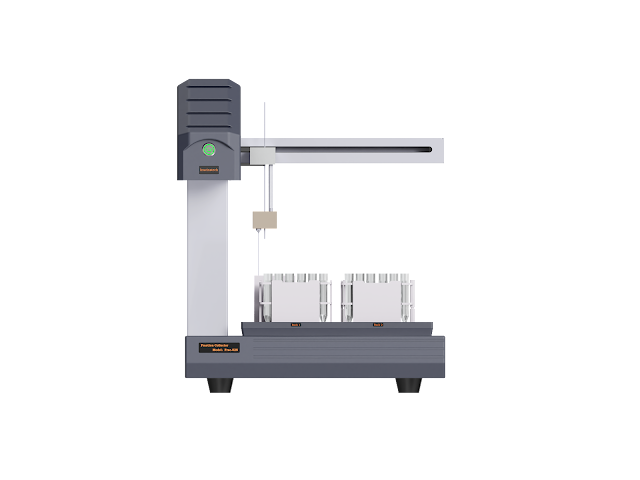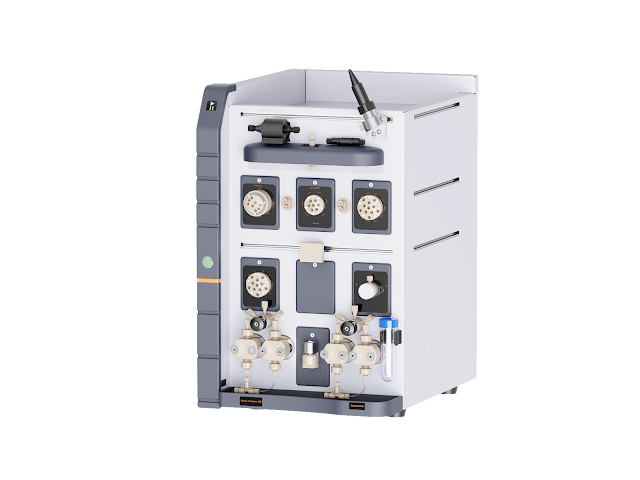Liquid Chromatography and AKTA: Pioneers in Molecular Separation
In the realm of analytical chemistry, liquid chromatography has emerged as a fundamental technique for the separation, identification, and quantification of components in complex mixtures. Among the various systems employed for liquid chromatography, AKTA systems have gained prominence for their efficiency and precision, especially in the purification of biomolecules.
Understanding Liquid Chromatography
Liquid chromatography operates on the principle of separating compounds based on their differential interactions with a stationary phase (usually a column filled with solid particles) and a mobile phase (a liquid that moves through the column). This method is highly effective for analyzing a wide range of samples, from pharmaceuticals to environmental pollutants, and is particularly valued for its sensitivity and accuracy.
The Emergence of AKTA Systems
The AKTA system, developed by GE Healthcare, is a specialized form of liquid chromatography designed primarily for protein purification. Renowned for its versatility, the system can perform various chromatographic techniques, including ion exchange, affinity, and size exclusion chromatography. This adaptability makes AKTA an invaluable tool in biotechnological research and pharmaceutical development.
Applications and Advantages
The use of Liquid Chromatography, particularly AKTA systems, spans numerous fields. In pharmaceuticals, it's crucial for drug development and quality control. In biotechnology, AKTA systems are instrumental in protein purification, a vital step in understanding protein structure and function. The versatility of these systems allows for customization to suit specific research needs, offering both high throughput and precision.
Integration with Modern Technologies
The integration of liquid chromatography with other analytical techniques, such as mass spectrometry, has further expanded its capabilities. This combination provides detailed information about the molecular weight, structure, and composition of the separated compounds. The AKTA system’s compatibility with these advanced techniques underscores its importance in modern analytical laboratories.
Challenges and Innovations
While liquid chromatography, particularly the AKTA, is highly effective, ongoing challenges include improving resolution, reducing sample preparation time, and increasing automation. Addressing these challenges through technological innovation and software development is a continuous process, reflecting the dynamic nature of this field.
Conclusion: The Future of Liquid Chromatography and AKTA Systems
Liquid chromatography, especially when coupled with AKTA systems, stands at the forefront of analytical techniques in science. It offers unparalleled precision and adaptability in the separation and analysis of complex mixtures, making it indispensable in research and industry. For those interested in the latest advancements and applications of these technologies, resources like inscinstech.com.cn provide valuable insights and information, connecting users with cutting-edge developments in liquid chromatography and AKTA systems.


.jpg)

Comments
Post a Comment